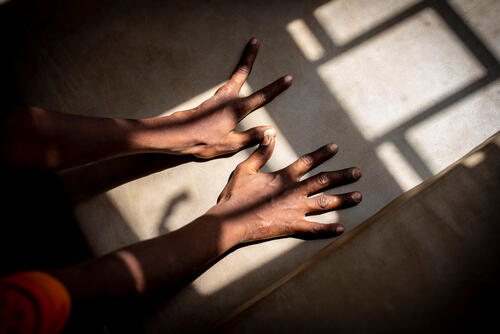Gaza: Overwhelmed by gunshot wounds
‘The Great March of Return’ protests held at the border almost every Friday since 30 March 2018 have been met with hails of gunfire from the Israeli army. By the end of 2018, 180 people had been shot dead and 6,239 injured by live fire – the vast majority sustaining wounds to the legs. It is these complex and severe injuries that our teams have been struggling to respond to.
How do you treat thousands of similar injuries, all needing multi-stage treatment, potentially lasting for years?
Marie-Elisabeth Ingres describes what she saw in Gaza in 2018.
Read the full feature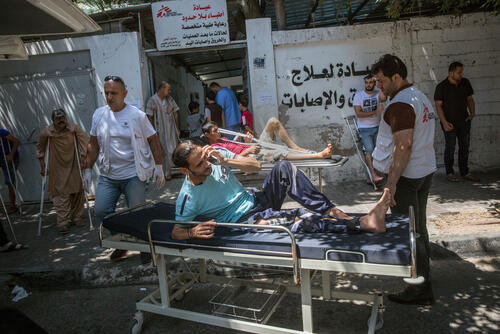
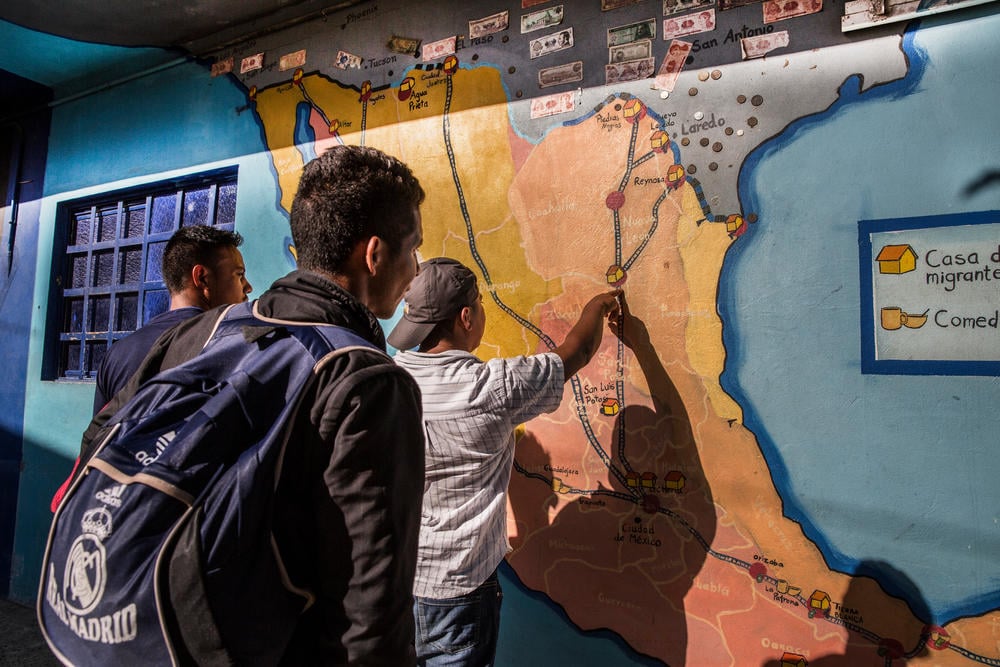
The broken American dream
Violence on the Central American migration route
In the so-called Northern Triangle of Central America – and along the treacherous migration route north through Mexico to the United States – two powerful opposing forces have trapped thousands of people in a seemingly endless cycle of violence and displacement.
In 2018, we scaled up our response to the physical and psychological consequences of this unfolding disaster, expanding our mental health and psychosocial activities in health facilities as well as migrant shelters along the routes north. We are also working to adapt our response to better serve the growing numbers of people on the move.
The Rohingya: No country to call home
More than a year after their mass exodus from Myanmar, the future looks more uncertain than ever for the Rohingya. Following a campaign of violence by the Myanmar military in August 2017 – ostensibly in response to attacks by the Arakan Rohingya Salvation Army – Rohingya refugees have continued to cross the border into Bangladesh. Over 908,000 had fled there by the end of 2018.
MSF has been working with the Rohingya for decades – in Myanmar since 1994, in Bangladesh on and off since 1985, and in Malaysia starting in 2004.
Read the full feature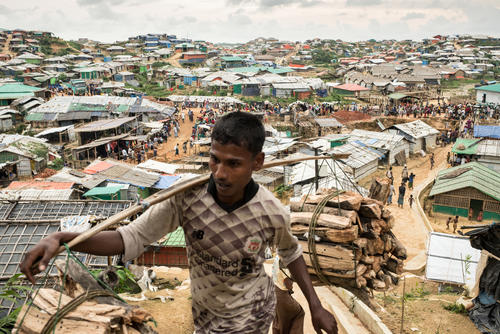
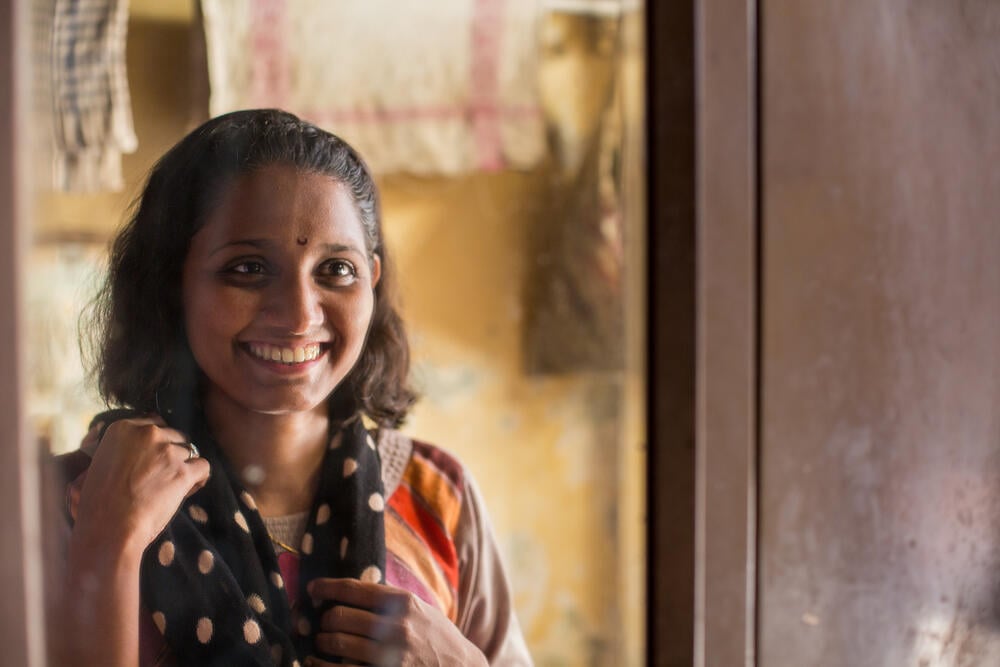
Drug-resistant tuberculosis: From hopelessness to healing
Although believed by many to be a disease of the past, tuberculosis (TB) kills more people today than any other infectious disease and is one of the top 10 causes of mortality worldwide.
An estimated 1.6 million people die from TB each year, equivalent to a staggering 4,400 lives lost every day.
World leaders have set ambitious goals to combat the disease, but the international response to this global crisis is shamefully off track.









